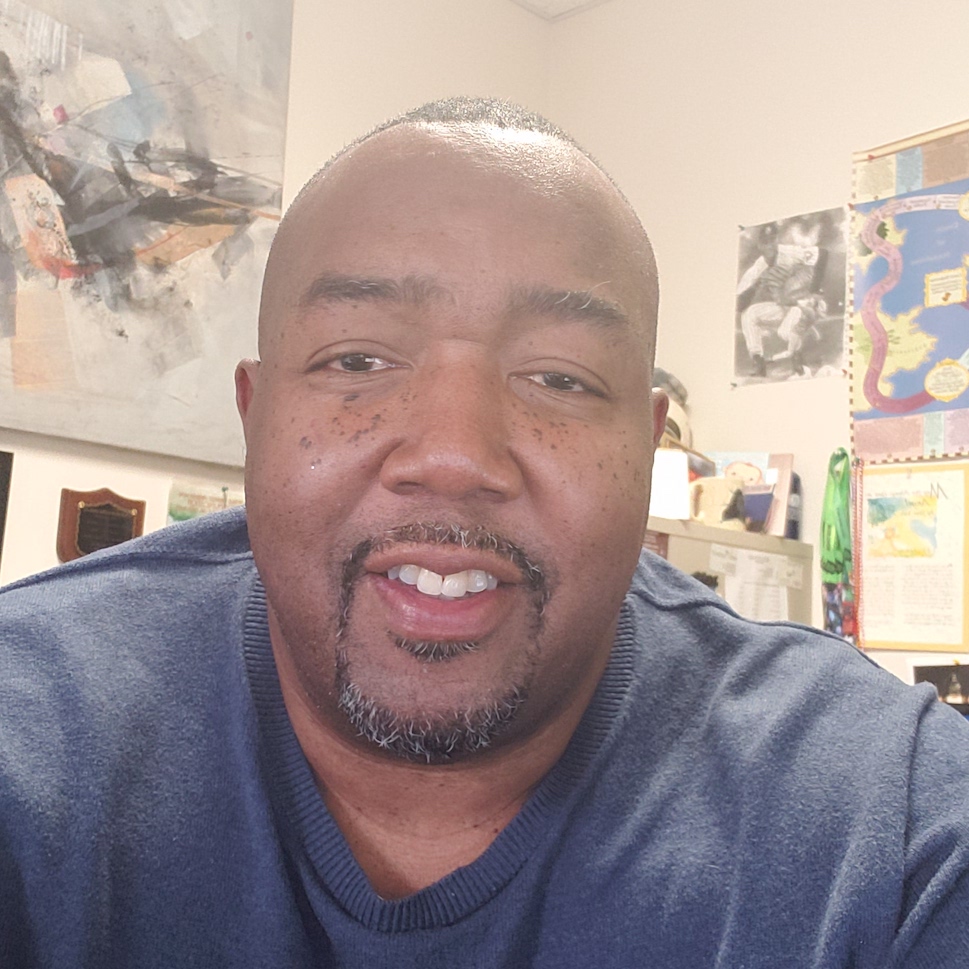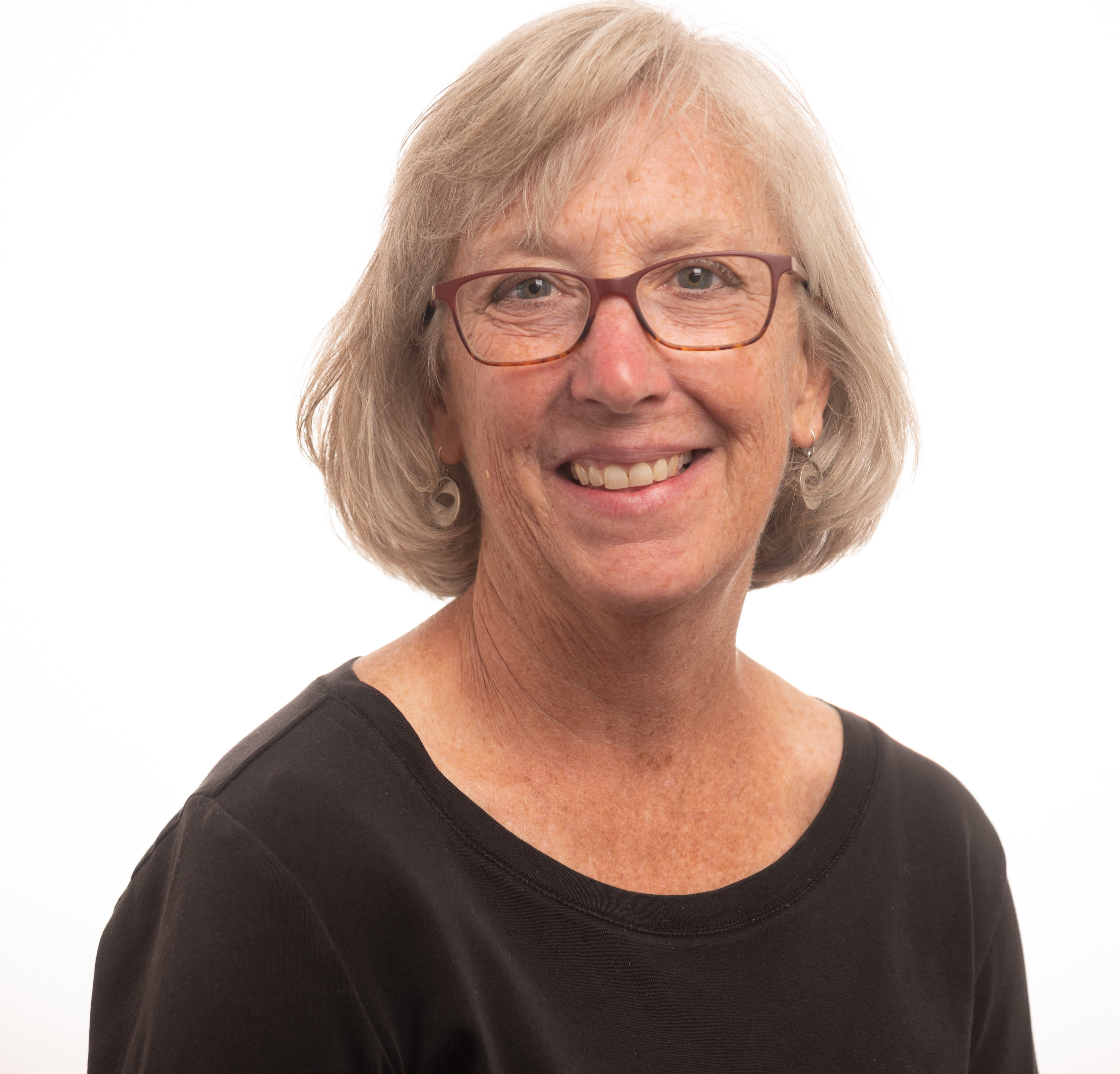Transition
Students who are deaf-blind require individualized, focused support, to successfully transition to adult life. This initiative supports state deaf-blind projects in their efforts to improve services and outcomes for this population. A major focus of our work involves building and facilitating effective partnerships among the state projects, organizations, and individuals who are dedicated to promoting transition to adulthood for students who are deaf-blind.
Initiative Contacts


What's New
Events
News
Improving Transition Outcomes
NCDB provides support to state deaf-blind projects as they engage in systems-change activities designed to improve state services (e.g., education, vocational rehabilitation, developmental disabilities) for young adults who are deaf-blind and have additional disabilities.
Support includes:
- A peer-learning community (currently closed to new members) consisting of state project personnel, National Family Association for Deaf-Blind board and affiliate members, and Helen Keller National Center staff. Read an update of the groups activities.
- Intensive systems TA for individual state deaf-blind projects
Resources for Families and Services Providers
NCDB has developed a number of resources to inform and inspire youth who are deaf-blind, their families, and service providers as they engage in transition activities designed to achieve the post-school-life dreams of young people who are deaf-blind. Topics include employment, post-secondary education, and community life.
Transition Institutes
Transition institutes are annual weekend events conducted by groups of state deaf-blind projects in two regions of the country, the southeast and midwest. The institutes help young adults with deaf-blindness, aged 14 to 22, develop self-determination and leadership skills and make action plans for important adult-life goals related to college, career, and community living.
NCDB provides intensive TA to the host state deaf-blind project and targeted TA to the subcommittees that support peer-to-peer mentoring and the development of action planning formats that are customized for each institute.
References
Petroff, J. G., (1999). A national transition follow-up study of youth identified as deafblind: Parent perspectives (Unpublished doctoral dissertation). Temple University, Philadelphia, PA.
Petroff, J. G., & Pancsofar, N. (2017). [National follow-up study of youth with deafblindness]. Unpublished data.